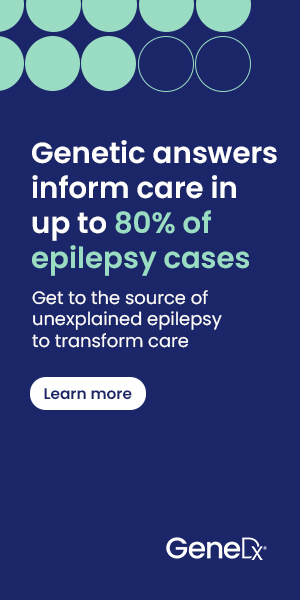Geoffrey Liu, MD, Senior Scientist at the Princess Margaret Cancer Centre at the University of Toronto, discusses new data on the treatment of ROS1-positive non-small cell lung cancer (NSCLC) with taletrectinib.
ROS1-positive NSCLC is a rare and aggressive lung cancer that typically occurs in patients aged 50 years and older and who have never smoked. Brain metastases are common in patients with this condition.
The U.S. Food and Drug Administration (FDA) approved taletrectinib for the treatment of adults with locally advanced or metastatic ROS1-positive non-small cell lung cancer (NSCLC) in June 2025. Taletrectinib is an oral, central nervous system-active, selective ROS1 tyrosine kinase inhibitor. The FDA approval followed positive results from the TRUST clinical trial program. Both TRUST-I and TRUST-II are phase 2, single-arm, pivotal studies evaluating taletrictinib in adults with advanced ROS1 positive NSCLC. The TRUST-I trial enrolled 173 patients in China and TRUST-II enrolled 164 patients globally.
New data from the TRUST clinical trial program was recently presented at the IASLC 2025 World Conference on Lung Cancer.
Updated TRUST-II Study Results
For TKI-naïve patients, the confirmed objective response rate (cORR) was 85.2% at a median follow-up of 20.5 months. Median progression-free survival (PFS) was not yet reached; the longest PFS was observed at 31.6 months and ongoing. Median duration of response (DOR) was also not yet reached; the longest DOR was observed at 30.4 months and ongoing. A DOR of at least 12 months was achieved by 74.0% of patients and of at least 18 months by 68% of patients. An intracranial response was achieved by 66.7% of patients with brain metastases.
In TKI-pretreated patients, cORR was 61.7% at a median follow-up of 20.4 months. Median PFS was 11.8 months, and median DOR was 19.4 months. An intracranial response was achieved by 56.3% of patients with brain metastases.
Updated TRUST-I Study Results
For TKI-naïve patients in TRUST-I, cORR was 90.3% at a median follow-up of 40.9 months. Median PFS was 44.6 months. Median DOR was not yet reached; the longest DOR was observed at 46.9 months and ongoing. An intracranial response was achieved by 87.5% of patients with brain metastases.
In TKI-pretreated patients, cORR was 51.5% at a median follow-up of 35.1 months. Median PFS was 7.6 months, and median DOR was 13.2 months. An intracranial response was achieved by 75.0% of patients with brain metastases.
Pooled Safety Data from TRUST-I and TRUST-II
The safety and tolerability profile in the integrated analysis from across trials was favorable, with manageable adverse events. Adverse events of clinical interest, including diarrhea, nausea, vomiting and dizziness, were transient and resolved quickly with a median resolution range of 1-3 days. No treatment discontinuations occurred due to these adverse events of clinical interest. AST and ALT elevations occurred in 76% of patients and led to one patient discontinuing treatment.
For more information, click here.
To learn more about NSCLC and other rare cancers, visit https://checkrare.com/diseases/cancers/

